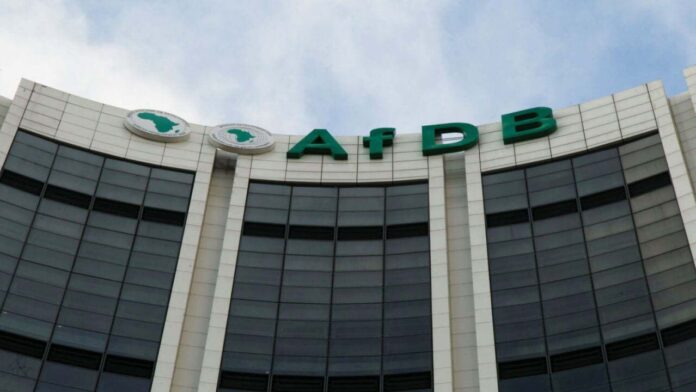Abuja, Aug. 10, 2023: West Africa experienced slower economic growth in 2023, except for Cape Verde, The Gambia, Guinea, Mali, and Niger, says the African Development Bank (AfDB).
AfDB said this in its 2023 West Africa Economic Outlook report which was released on Wednesday in Abuja.
The report, is entitled “Mobilising Private Sector Financing for Climate and Green Growth in West Africa.”
According to the bank, the report assessed the economic performance of 15 West African countries.
It named the countries to include Benin, Burkina Faso, Cape Verde, Côte d’Ivoire, The Gambia and Ghana.
Others included, Guinea, Guinea-Bissau, Liberia, Mali, Niger, Nigeria, Senegal, Sierra Leone and Togo.
“The report provides key economic trends in 2022 as well as medium-term (2023-2024) economic forecasts for the region.
“ It also evaluates strategies to accelerate the mobilisation of private sector financing for climate and green growth in West Africa,” it said.
According to the report, West Africa’s average Gross Domestic Product (GDP) decelerated to 3.8 per cent in 2022 from 4.4 per cent in 2021.
The implication, it said, implied that the growth recovery from the 2020 downturn had slowed.
It attributed the decelerating growth to successive shocks such as the resurgence of COVID-19 in China, a major trade partner for the region’s countries.
It said Russia’s invasion of Ukraine had also spurred inflationary pressures on the cost of food, fuel and fertilizer in many West Africa region countries.
The report further revealed that advanced economies had also tightened monetary policy which had heightened aversion to risk globally and increased exchange rate pressures.
According to the report, the region’s GDP growth outlook is positive, and projected to pick up slightly, hitting 3.9 per cent in 2023 and 4.2 per cent in 2024.
It, however, staid that transition to green growth would require greater resources.
The report said that adapting to climate change and the depletion of the region’s natural resources presented an opening for businesses and governments to embrace sustainable and green growth.
According to the report, West Africa has enormous potential to achieve green growth, green industrialisation being the most obvious pathway.
It said the rationale for green growth across the region was quite comprehensive.
“ Climate change impacts and risks, natural capital depletion, poverty, and food insecurity, limited employment creation and many capital-intensive enclaves,” it said.
It quoted Prof. Kevin Urama, AfDB’s Chief Economist, as saying “multiple challenges had led to rising interest rates and were compounding debt service payments to African countries” .
Urama said these included climate change, inflation driven by higher prices of energy, commodities, and disruption of supply chains, and the tightening of monetary policy in the United States and Europe.
He said that greater effort would be needed in Africa to mobilise domestic resources and private sector financing to help countries achieve climate and green growth transitions.
He said: “Africa is being short-changed in climate financing.
“The continent will need between 235 and 250 billion dollars annually through 2030 to meet investments under its nationally determined contributions.
“Yet, Africa received only about 29.5 billion dollars in climate financing between 2019 and 2020.
“Private sector financing to support climate adaptation and mitigation in Africa is estimated at just 4.2 billion dollars from 2019-2020, the lowest of any region of the world.
“Africa’s private-sector climate financing gap is estimated to reach 213.4 billion dollars annually between 2020 and 2030,” it said.
Urama, also the AfDB’s Vice President for Economic Governance and Knowledge Management said Africa could accelerate green development transitions by optimising its natural capital, estimated at about 6.2 trillion dollars in 2018.
He said the continent, however, was not getting the best out of its natural resources because of poor valuation, degradation, illicit capital flows and losses from royalties and taxes.
Meanwhile, AfDB’s lead economist, Guy-Blaise Nkamleu, said Guinea-Bissau, Mali, Liberia, and Niger were ranked among the ten most vulnerable countries to climate change and environmental hazards worldwide.
“To boost private sector financing for climate change and green growth, innovative instruments and mechanisms need to be deployed by West African governments to attract private sector financing,” Nkamleu said.




